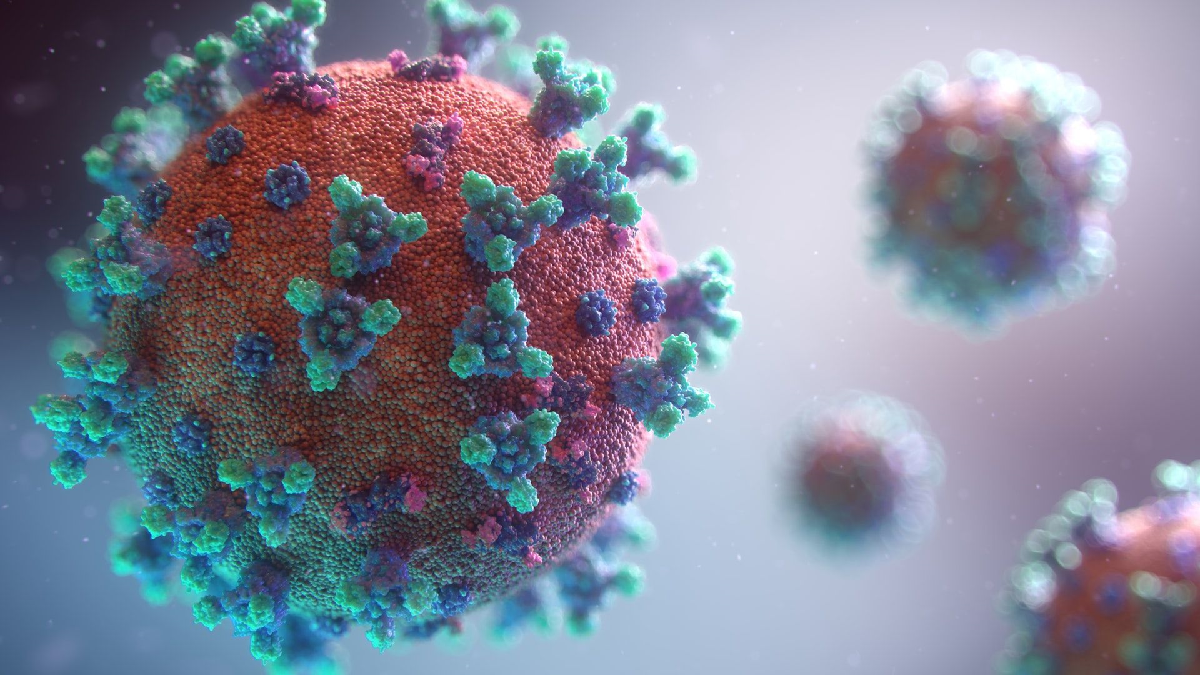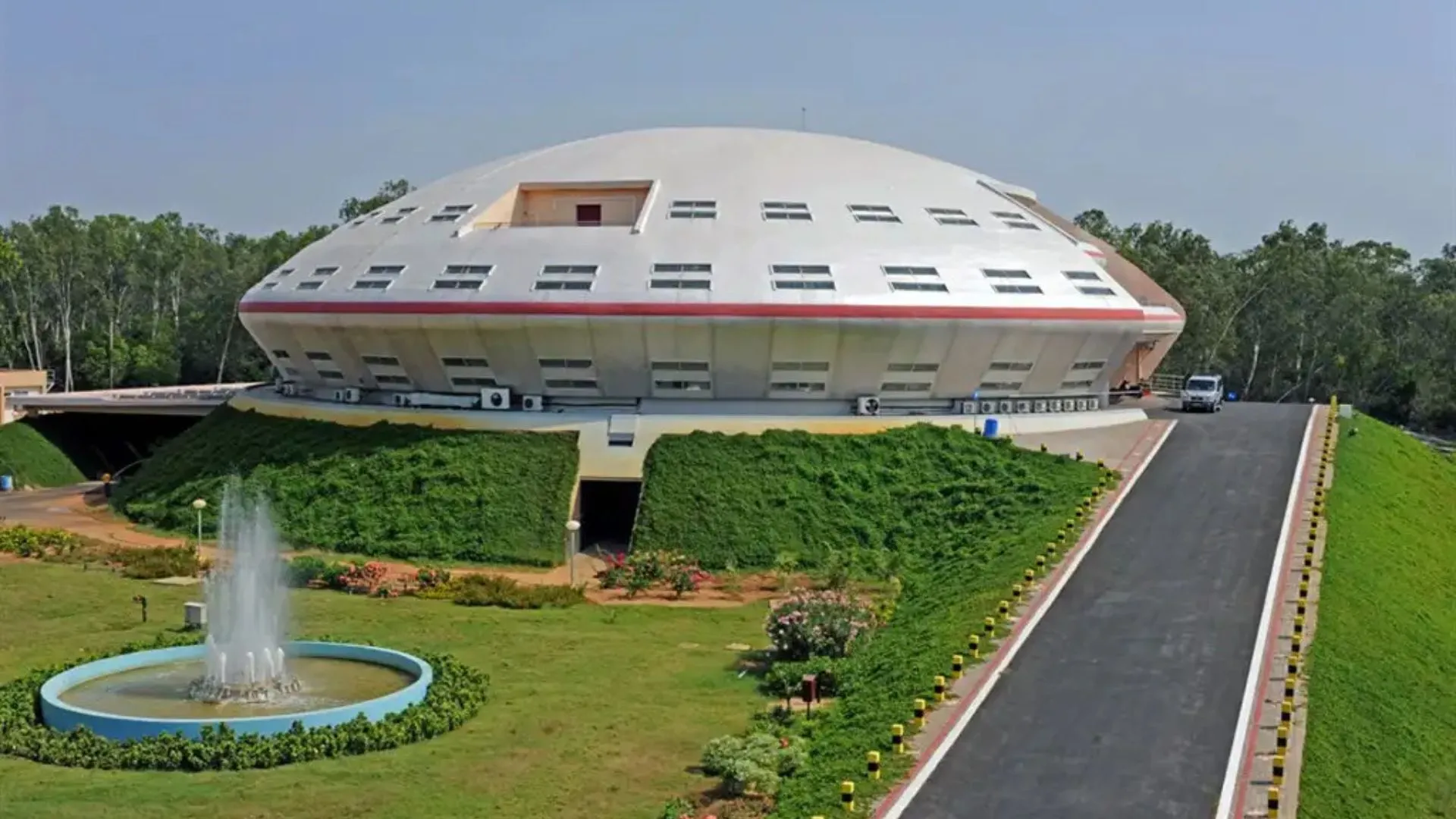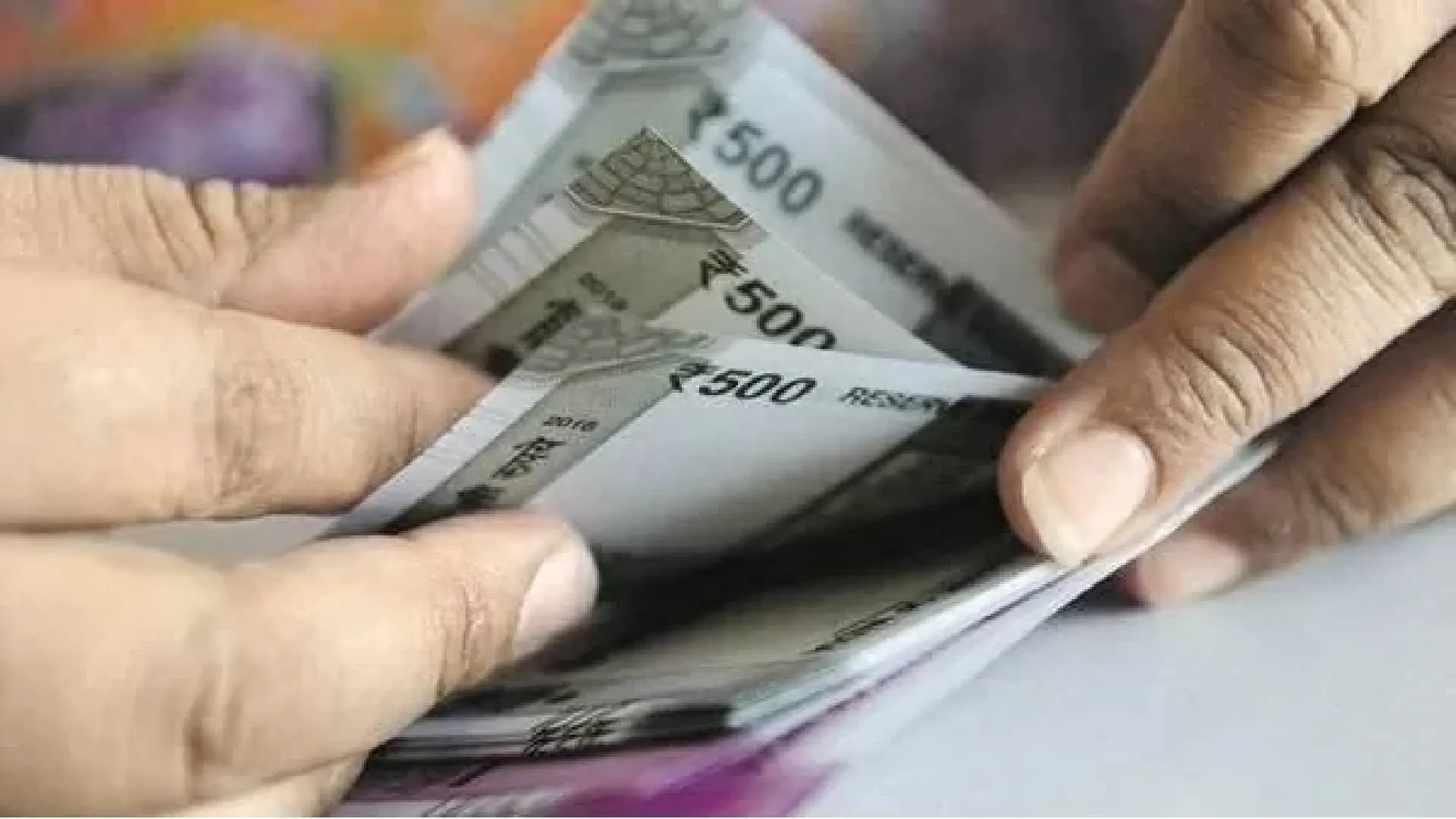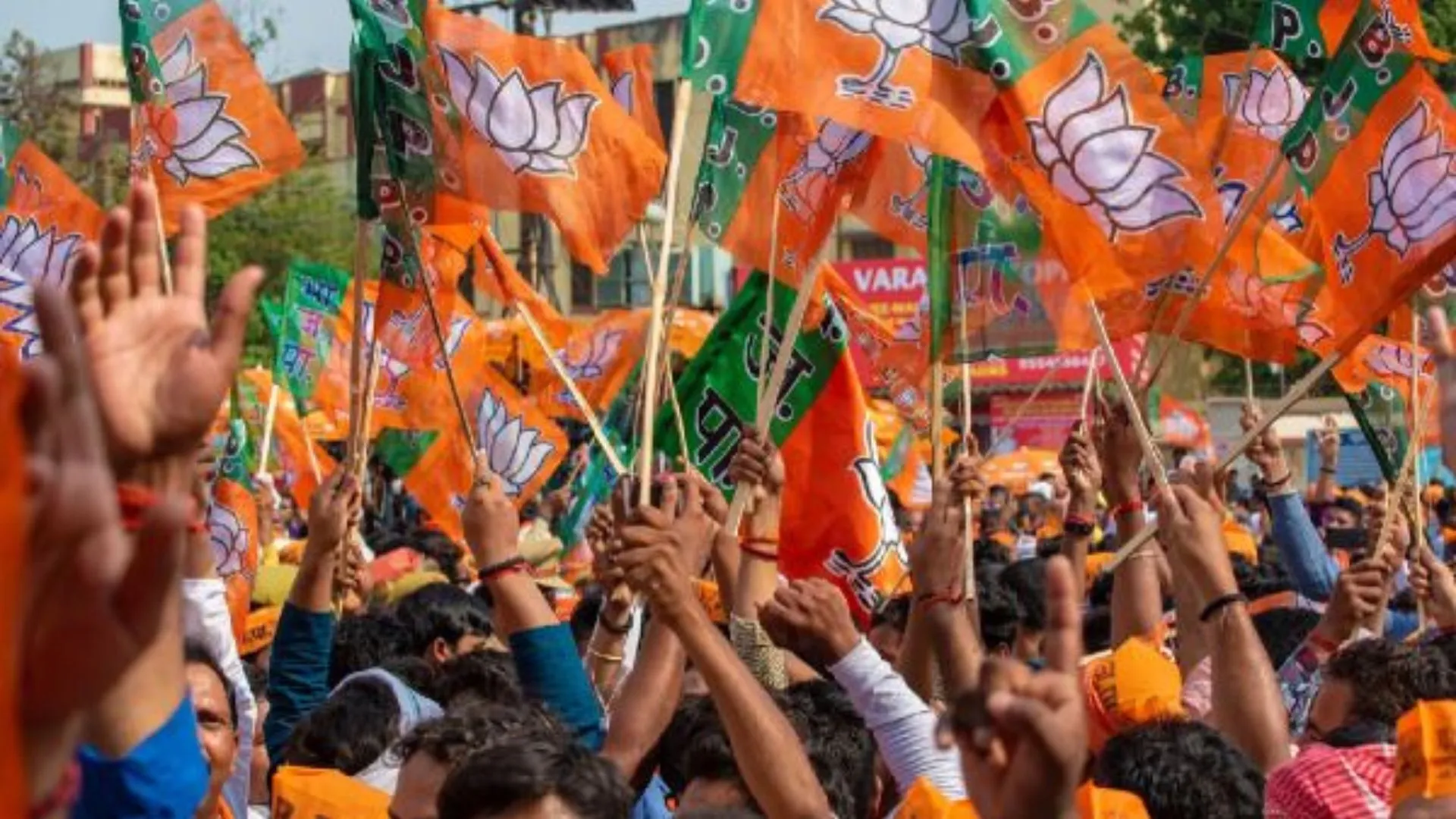The B.1.617 variant first identified in India last October is being classified as a variant of global concern, said the World Health Organziation on Monday. “We classify it as a variant of concern at a global level,” Maria Van Kerkhove, WHO technical lead on Covid-19, said during a briefing. She added, “There is some available information to suggest increased transmissibility of the B.1.617.” Van Kerkhove said more information about the variant and its three lineages would be made available on Tuesday.
The UN health agency said this variant of Covid-19 seems to be transmitting more easily than the original version of the virus, and might possibly have some increased resistance to vaccine protections.
India, suffering from one of the worst outbreaks in the world, reported nearly 370,000 fresh infections and more than 3,700 new deaths on Monday. The devastating wave has overwhelmed the country’s healthcare system, and some experts have claimed that official figures for cases and fatalities are lower than the actual numbers.
It has for some time been feared that B.1.617—which counts several sub-lineages with slightly different mutations and characteristics—might be contributing to the alarming spread. But till now, WHO had listed it merely as a “variant of interest”. Now it will be added to the list containing three other variants of Covid-19—those first detected in Britain, Brazil and South Africa—which the WHO has classified as being “of concern”. They are seen as more dangerous than the original version of the virus by being more transmissible, deadly or able to get past vaccine protections.
When it comes to the B.1.617 variant, Van Kerkove stressed that for the time being “we don’t have anything to suggest that our diagnostics or therapeutics and our vaccines don’t work.”
The WHO’s chief scientist Soumya Swaminathan said, “What we know now is that the vaccines work, the diagnostics work, the same treatments that are used for the regular virus work. So there’s no need to change any of those, and people should go ahead and get whatever vaccine is available to them and that they are eligible for.” WITH AGENCY INPUTS























